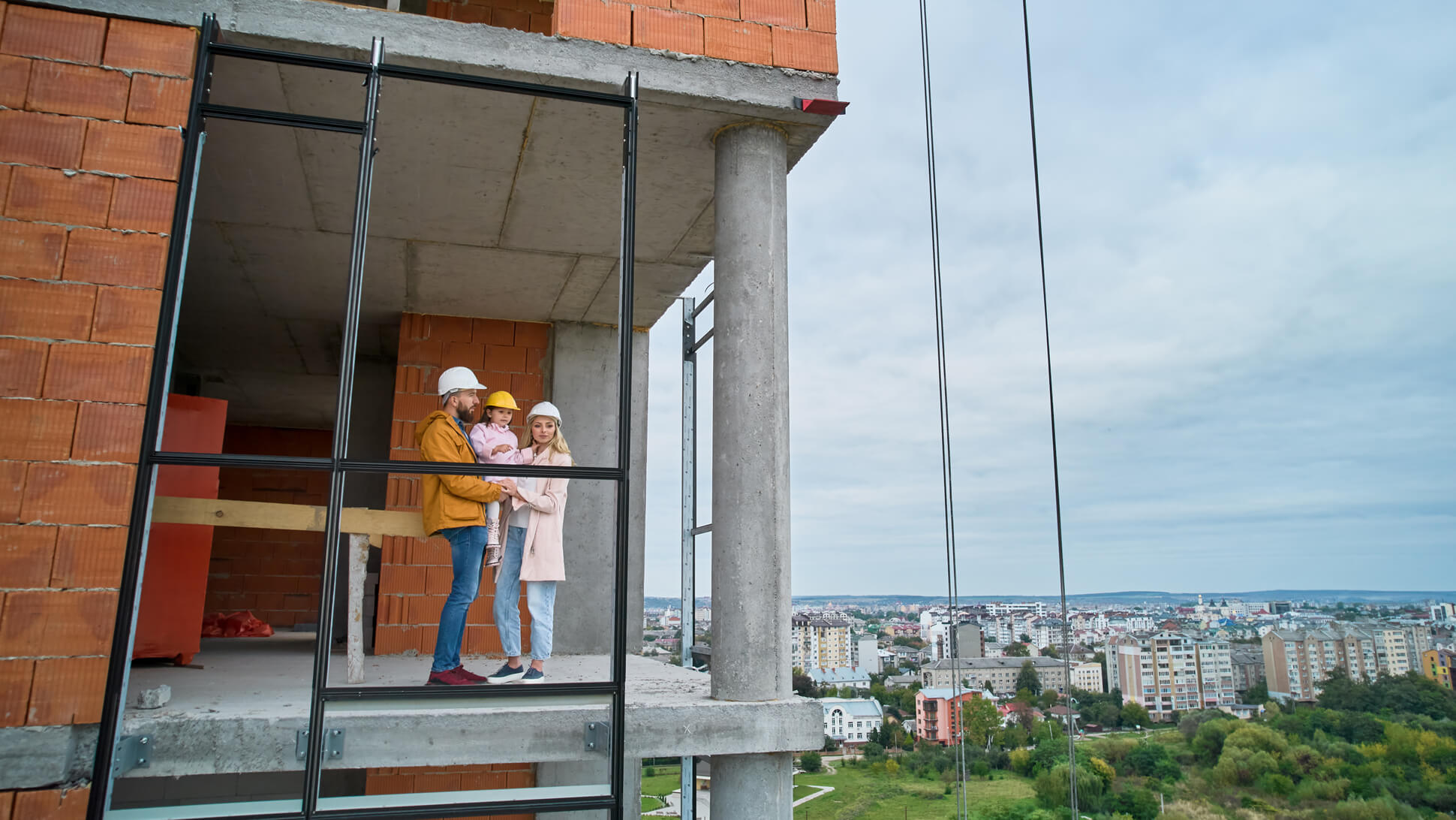This gap between purchase price and appraised value can surface before closing, raising concerns about financing, or after closing, leaving buyers with a property worth less than what they owe. In either case, the implications — legal, financial and tax-related — can be significant.
This article explores the key considerations that buyers must understand before entering into, or trying to exit from, a pre-construction condo agreement.
Legal considerations: can you walk away?
A common misconception among buyers is that if a pre-construction purchase is assessed at a lower value than the purchase price prior to closing, they can simply walk away and forfeit their deposit. Unfortunately, the reality is usually far more complicated.
Each purchase agreement is unique, and developers’ contracts vary widely in their terms. Some agreements may appear to give developers sweeping rights, while others leave more room for negotiation. That variability makes one thing essential: engaging a lawyer experienced in real estate, specifically in pre-construction agreements, before signing anything.
Even in situations where a developer has the right to keep the deposit if a buyer defaults, it is common for the contract to also grant them the right to pursue the purchaser for the remaining balance of the agreed purchase price. This means that if you agreed to buy a unit for $700,000, and it now appraises at $600,000, walking away could leave you responsible not just for your $35,000 deposit but for the $665,000 balance as well.
In short, defaulting does not usually mean the loss is limited to your deposit. For purchasers unable or unwilling to close, the potential liability can be devastating. This is why early legal advice — and ongoing communication with the developer through counsel — is paramount if circumstances change.
Tax considerations: can you use a loss?
Another critical layer of complexity is tax treatment. When a condominium is sold at a loss, the question becomes: can that loss be used to reduce your tax burden? The answer depends almost entirely on your original intention at the time of purchase and how the property was actually used.
- Personal use property: if the condo was purchased with the intention of being a primary residence, a vacation home or otherwise for personal enjoyment, then losses on the sale are not deductible against other income. This is true even in nuanced situations. For example, if a taxpayer buys a condo for their parents to live in and occasionally collects nominal rent, the Canada Revenue Agency (CRA) could still view the arrangement as personal use.
- Long-term rental investment: if the buyer’s intention was to hold the property and rent it out as an income-producing investment, a sale at a loss would generally be considered a capital loss. In Canada, only 50% of a capital loss can be applied against capital gains, limiting the immediate tax benefit.
- Property for resale (flipping): where the intention was to resell quickly for profit, the CRA may treat the condo as inventory rather than capital property. In such cases, a loss would be considered a business loss, which is fully deductible against other income. However, this more favourable treatment comes with a burden: the taxpayer must be able to prove intent to resell at the time of purchase. Evidence could include a quick turnaround sale, a history of similar transactions or documented investment strategies. Without such evidence, CRA is likely to challenge the claim, defaulting instead to capital property treatment.
GST/HST implications
Beyond income tax, pre-construction condo transactions can also trigger goods and services tax/harmonized sales tax (GST/HST) obligations. The rules vary significantly depending on the intended use of the property.
Personal residence or long-term rental: generally, resale of the unit does not attract GST/HST.
Short-term rental or resale intent: if the unit is used for platforms like Airbnb or is purchased with the primary purpose of resale, the sale may be subject to GST/HST. This can add a substantial and unexpected layer of cost if not planned for properly.
Given this complexity, professional tax advice is critical to avoid surprises.
The importance of intent
One recurring theme across both legal and tax considerations is that intent matters. Why you bought the condo, what you planned to do with it and how you actually used it can all shape your legal liability and tax outcomes. Unfortunately, proving intent is not always straightforward. Courts and tax authorities may look at not just what you say now but what your actions over time suggest.
For instance, if you purchased a unit claiming it was for long-term rental but then never actually rented it out, it becomes much harder to argue for capital treatment of losses. Similarly, entering into multiple pre-construction agreements with quick resales may create a pattern that CRA will classify as business activity.
Broader market implications
The challenges facing pre-construction buyers are not isolated to individual cases; they reflect larger shifts in the Canadian real estate market. Rising interest rates, tighter mortgage qualification rules and volatile property values all increase the risks associated with buying years in advance. For developers, these risks can mean more buyers walking away, creating ripple effects on project financing and delivery. For buyers, the risks highlight the importance of preparing for multiple outcomes, not just the optimistic scenario of appreciation and easy financing.
Best practices for buyers
Given the stakes, how can buyers protect themselves? Here are some guiding principles:
- Seek legal advice early: always have a real estate lawyer review your purchase agreement before signing. Developers’ contracts are often written heavily in their own favour, and only a trained eye can identify potential red flags.
- Clarify financing options: before committing, confirm with your lender how much flexibility you have if appraised values fall short. Pre-approval is not the same as guaranteed financing.
- Document intent clearly: keep records that align with your stated intention for the property. For example, if it is to be a rental, document your marketing efforts, lease agreements and income.
- Plan for tax implications: consult a tax professional about how your property will be classified. Understand the differences between personal use, capital property and business inventory.
- Prepare for the unexpected: assume that market conditions could worsen between purchase and closing. Stress-test your finances against lower appraisals, higher interest rates and unexpected taxes.
Conclusion
Pre-construction condominiums offer exciting opportunities but come with risks that are often underestimated. Falling appraisals, strict legal agreements and complex tax rules mean that a misstep can result in significant financial loss.
The key take-away is this: no two situations are alike. Every agreement, every buyer’s intent and every market condition create a unique set of circumstances. That’s why obtaining tailored legal, tax and financial advice is not just recommended but essential. By approaching pre-construction purchases with clear eyes and professional guidance, buyers can better navigate the risks — and improve their chances of realizing the rewards — of this unique corner of the real estate market.
Written and published by IG Wealth Management as a general source of information only. Not intended as a solicitation to buy or sell specific investments, or to provide tax, legal or investment advice. Seek advice on your specific circumstances from an IG Advisor.
Trademarks, including IG Wealth Management and IG Private Wealth Management, are owned by IGM Financial Inc. and licensed to subsidiary corporations.








